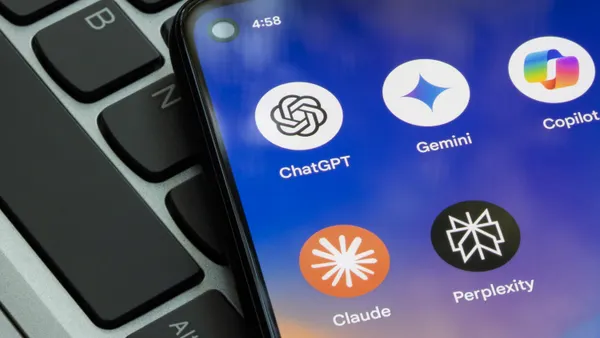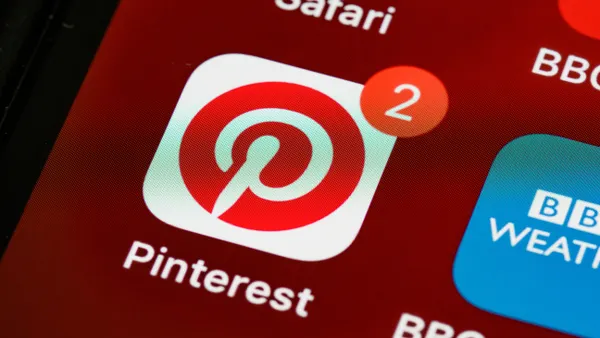Dive Brief:
-
Beauty brand Neutrogena has announced the SkinScanner, a hardware device that attaches to a smartphone and, when used with an associated mobile app, assesses a user's facial skin and provides skin health recommendations, according to a report from The Verge.
-
The device is set to debut this week at the Consumer Electronics Show in Las Vegas. It uses high-powered lights and a 30x-magnification lens to scan the skin and create a magnified image of facial skin, and then synchronizes with Neutrogena's Skin360 app to suggest skin care and treatments, and catalog the user's skin health over time.
-
Neutrogena partnered with a start-up company called FitSkin to produce the device and the app, both of which will be available later this year for use with iPhones. The SkinScanner hardware is expected to cost about $50, according to Neutrogena.
Dive Insight:
The last year or so has been a real roller coaster ride in many retail segments with abundant store closings and market disruptions, but also a pretty strong holiday windfall leaving everyone smiling at the end of 2017. Amid the craziness, the beauty segment has been solid and growing, succeeding largely on the willingness of beauty brands and retailers to embrace technological innovations.
Among brick-and-mortar beauty retailers, Sephora may be leading the charge, with its adoption of in-store customer-facing technologies such as iPads, video, and augmented and virtual reality, earning a major award from Retail Dive in the process. Ulta is another beauty sector success story that has embraced technology innovation, and other retailers, along with major beauty brands like Lancome and L'Oreal, have not been far behind in the embrace of innovations like chatbots and shoppable video (and don't forget social media celebrities like Bretman Rock.)
Many of the innovations in the beauty market have either been web/app-based or focused on in-store experiences, such as Sephora's Virtual Artist app, which helps users virtually try on makeup. Neutrogena's SkinScanner appears to be a little different. While it's deeply integrated with the Skin360 app, the SkinScanner itself might be described as a mobile smartphone accessory with a very specific purpose. It also costs about $50, which may test the resolve of some consumers.
On the other hand, new technology has been such a big driver of consistent revenue for the beauty sector recently that a little extra outlay for a specialized device could be right in line with beauty consumers' expectations, especially if it can give customers skincare guidance they would otherwise need to visit a store to receive. It's also clear that with many new brands and retailers trying to jump on the beauty bandwagon of late, competition is increasing for the core brands in this segment, and they need to keep pushing the innovation envelope to keep the attention of consumers.













